Postmenopause: the last stage of menopause
Postmenopause the final stage of menopause and comes after perimenopause and menopause, the time when you stop having menstrual periods entirely. Once you enter postmenopause, you are in this stage for the rest of your life. By this we mean your hormones levels will remain consistently low. Although they won’t disappear overnight, most symptoms of menopause gradually ease up in postmenopause.

Many of the symptoms I had have disappeared. This proves that hormonal imbalances were indeed the cause. - Wil (age 62)

What is postmenopause?
Postmenopause is the name given to the time after you haven’t had a period for an entire year and is diagnosed in hindsight. It is a new stage in life in which you don’t need hormones in high levels. There isn't an exact age for postmenopause. On average, it happens around age 51. However, some women stop menstruating at an earlier age or at a later age than usual.
Hormonal changes during postmenopause
After your final period, your ovaries stop producing the female sex hormones oestrogen and progesterone. Your ovaries still produce testosterone and your adrenal glands (two glands on the top of your kidneys) make small amounts of oestrogen by changing hormones called androgens into oestrogen.
In postmenopause, hormone levels are low and stay low. This is because hormones are no longer needed for reproduction purposes. However, hormones are still needed for other essential bodily functions: they keep your bones strong and dense and protect cardiovascular health. So, your adrenal grands need even more care during this stage. We’ll get back to this later.
At the start of postmenopause, your body needs to adjust to lower hormone levels. As your body rebalances itself you may still experience symptoms.
What are the symptoms of postmenopause?
Most symptoms during postmenopause are caused by low oestrogen levels. This may increase your risk of osteoporosis, joint problems and cardiovascular disease. Research shows that symptoms usually last for one or two years after menopause in most women, but may continue for up to 10 years or longer in others. Many women report having (severe) hot flashes during the first two years of postmenopause.
Symptoms that may occur or get worse during postmenopause include:
- Vaginal dryness
- Hot flashes
- Labial burning
- Joint pain
- Poor sleep
- Weight gain
- Low sex drive
- Low mood
- Skin ageing
- Urinary tract infection
- Pelvic floor dysfunction
- Urine leakage
Ageing can also be a contributing factor for the above symptoms, which can make it difficult to pinpoint the source. Is it postmenopause? Or simply a sign of ageing? Most hormonal symptoms slowly disappear in postmenopause. Dryness of mucous membranes, including vaginal tissues and eyes, is the only symptom that tends to linger due to oestrogen loss.
Still suffering from severe symptoms?
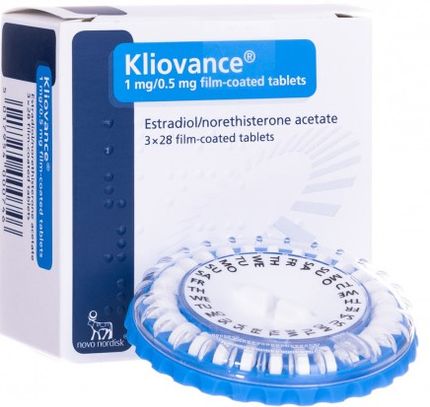
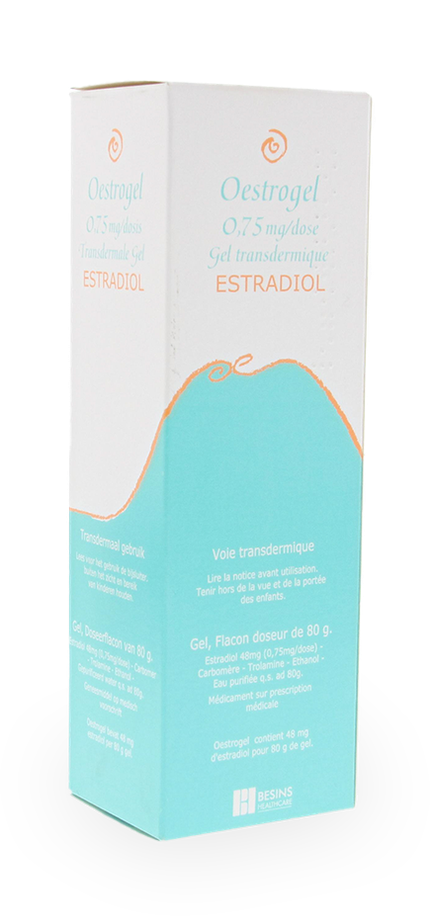
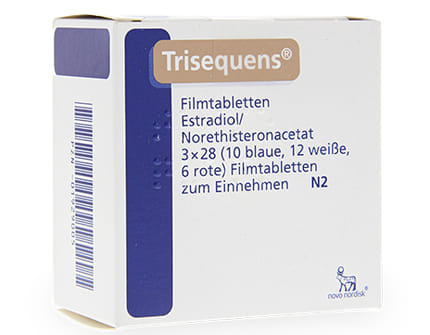
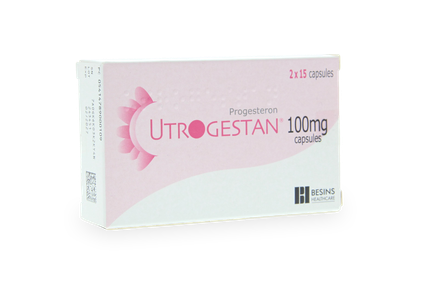
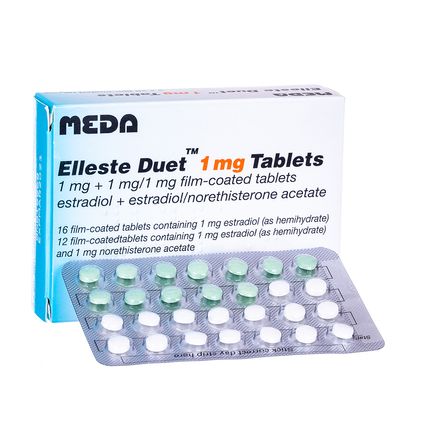
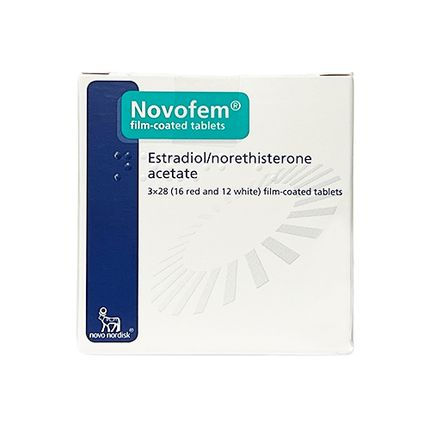



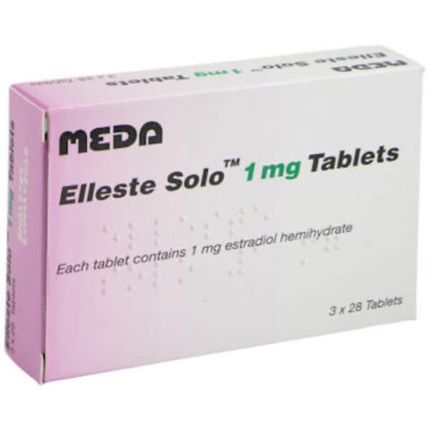

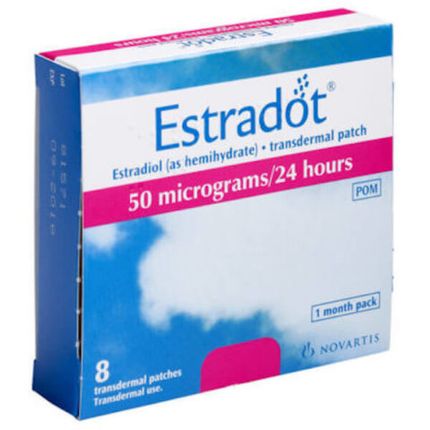
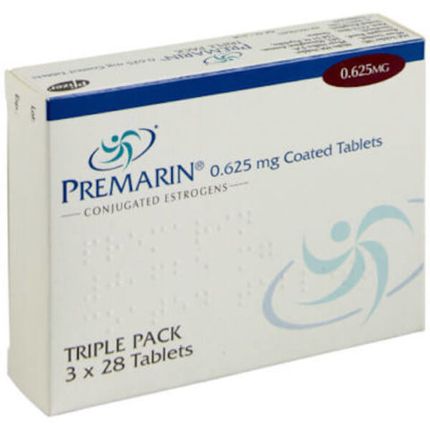
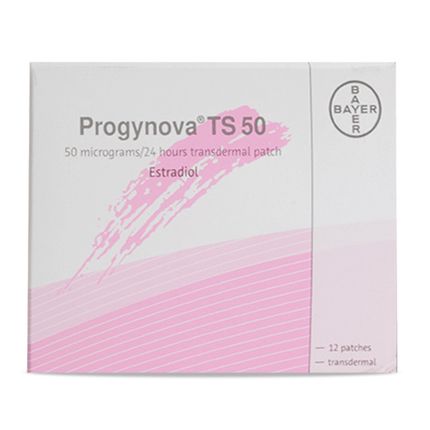
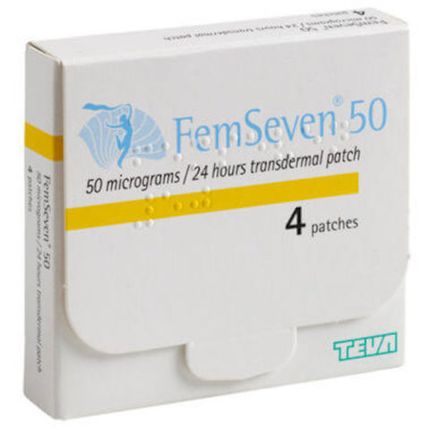
What is the treatment for postmenopausal symptoms?
During postmenopause, most symptoms slowly disappear. But what if this doesn’t apply to you? Could hormone therapy be an option?
Medical support and hormone therapy
During postmenopause, it can be advisable to start or continue with hormone replacement therapy (HRT). For example, if you have a family history of osteoporosis or suffer from severe postmenopausal symptoms. However, HRT has to be started before the age of 60 or within 10 years of menopause for the benefits to outweigh the risks. Also, the current guidelines state that HRT should not be used for more than five consecutive years.
Can't or don't want to use hormones? There are also non-hormonal medications that you can use to manage specific symptoms such as hot flashes and joint pain.

Minor adjustments to your diet and lifestyle can help reduce health risks during postmenopause. – Menopause specialist Suzanne Rouhard

What dietary or lifestyle adjustments can help?
What you want to do during postmenopause is lean into the change your body is going through. Here’s some advice from our menopause specialist, Suzanne Rouhard:
- Ensure your diet contains plenty of fibre, protein, healthy fats and slow carbohydrates. Focus on eating fruit (fibre) and vegetables, and make sure your diet is as varied as possible. Get enough omega-3 (omega-3 keeps the heart healthy) and try to cut back on salt and sugar. A healthy diet protects the body from cardiovascular disease, keeps bones and muscles healthy, and supports overall health. Take care of your body: you want to do everything you can to stay healthy after menopause.
- Exercise is extra important to keep bones, muscles and joints healthy. Strength training (focus on the large muscle groups: chest, shoulders, legs, buttocks and back) and cardio exercises are good for your muscles. Strength training also puts pressure on the bones, which helps build bone density. Added bonus: exercise triggers the release of dopamine and improves your mood. Get at least 30 minutes of physical activity a day in addition to your normal activities.
- Try to get more rest during the day and at night. Studies show postmenopausal women have more trouble falling asleep than younger women. Practise good sleep hygiene. Avoid doing things that may disrupt your sleep. Reduce stress by taking more breaks and doing things that you find relaxing and enjoyable, like going for walks in nature, reading, mindfulness exercises or drawing. Give your body the rest it needs.
- Vaginal dryness is the only symptom that does not go away in postmenopause. Do you suffer from vaginal dryness? Is intercourse painful? A vaginal lubricant will give you temporary moisture to prevent friction, soreness and irritation. Make time for each other. Spending time on foreplay can make sex more pleasurable.
- Keep an eye on your health by getting your blood pressure, cholesterol and blood sugar levels checked on a regular basis. These values change as you go through menopause. You can anticipate these changes in time if you understand what is going on in your body.

How do other women experience postmenopause?
Postmenopause can be a time of liberation and opportunity. Many women feel more confident and know better what they want. How do other women experience this stage in their life?



FAQ
When does postmenopause begin?
There isn't an exact age for postmenopause. On average, it happens around age 51. Postmenopause is diagnosed in hindsight: once you've stopped menstruating for 12 consecutive months, you are in postmenopause.
How long do symptoms continue once you’ve entered postmenopause?
This varies per person. While most symptoms ease up in postmenopause, some women continue to have mild symptoms for several years in postmenopause. If symptoms like hot flashes are severe or persist, consult a doctor to rule out potential medical conditions.
I have postmenopausal bleeding. What should I do?
Bleeding after menopause should always be checked out by a doctor. Vaginal spotting may be caused by tiny lacerations or fissures due to dryness (which is harmless). Bleeding may also be a sign of something more serious like polyps or uterine fibroids.
What can I do to prevent osteoporosis after menopause?
Nutrition is the most important factor for bone health, in particular adequate intake of calcium, Vitamin D, magnesium and Vitamin K. Also focus on building muscle strength, work on your balance, and mind your posture. More about osteoporosis and menopause.
How can I reduce the risk of cardiovascular disease in postmenopause?
When oestrogen levels start to fall during menopause, your blood vessels become less flexible. This can increase your risk of heart problems and cardiovascular disease. A healthy diet, regular exercise and managing stress are all things you can do to lower your risk. You should also try to quit smoking and avoid alcohol. Annual health checks are recommended. More about heart health and menopause.
Sources
- Cleveland Clinic. (2024). Postmenopause. https://my.clevelandclinic.org/health/diseases/21837-postmenopause
- Nanette Santoro, Cassandra Roeca, Brandilyn A Peters, Genevieve Neal-Perry. 2021). The Menopause Transition: Signs, Symptoms, and Management Options, The Journal of Clinical Endocrinology & Metabolism. https://doi.org/10.1210/clinem/dgaa764
- Utian WH. (2005). Psychosocial and socioeconomic burden of vasomotor symptoms in menopause: a comprehensive review. Health Qual Life Outcomes. https://pmc.ncbi.nlm.nih.gov/articles/PMC1190205/
- Dalal PK, Agarwal M. (2025). Postmenopausal syndrome. https://pmc.ncbi.nlm.nih.gov/articles/PMC4539866/
- Lejsková M, Alušík S, Valenta Z, Adámková S, Piťha J. (2012). Natural postmenopause is associated with an increase in combined cardiovascular risk factors. https://pubmed.ncbi.nlm.nih.gov/23098660/
- Zolfaghari S, Yao C, Thompson C, Gosselin N, Desautels A, Dang-Vu TT, Postuma RB, Carrier J. (2020). Effects of menopause on sleep quality and sleep disorders: https://pubmed.ncbi.nlm.nih.gov/31851117/
- British Nutrition Foundation. (2022). Reducing health risks after menopause. https://www.nutrition.org.uk/nutrition-for/women/menopause/reducing-health-risks-after-the-menopause-with-nutrition-and-diet/
- Mei Z, Hu H, Zou Y, Li D. (2023). The role of vitamin D in menopausal women's health. https://pmc.ncbi.nlm.nih.gov/articles/PMC10291614/

21-03-2025








